-
QUALIFICATIONS
- For Linguists Worldwide
- For UK Public Services
- Preparation
- Policies & Regulation
-
MEMBERSHIP
- Join CIOL
- Membership grades
- NEW for Language Lovers
- Chartered Linguist
- Already a member?
- Professional conduct
- Business & Corporate Partners
-
ASSESSMENTS
- For Second Language Speakers
- English as a Second Language
-
EVENTS & TRAINING
- CPD, Webinars & Training
- CIOL Conference Season 2025
- Events & Networks
- CIOL Mentoring
-
NEWS & VOICES
- News & Voices
- CIOL eNews
- CIOL Awards
- The Linguist
- Jobs & Ads
-
RESOURCES
- For Translators & Interpreters
- For Universities & Students
- Standards & Norms
- CIOL & AI
- All Party Parliamentary Group
- In the UK
- UK Public Services
- Find-a-Linguist
NEWS & VOICES
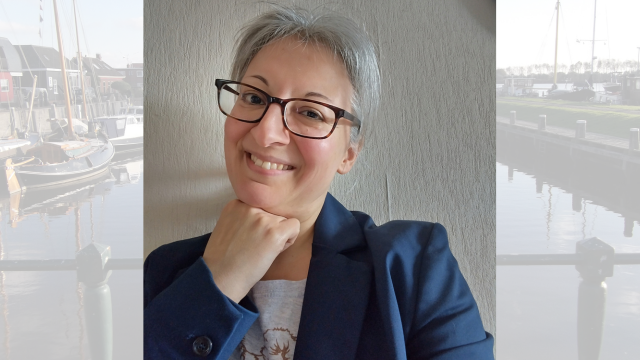
By Anita van Adelsbergen
As a Vice Chair of the Chartered Institute of Linguists and Chair of the CIOL Equality, Diversity & Inclusion Committee, I think of World Day for Cultural Diversity as a day both to celebrate the richness of the world's cultures and the essential role of translators and interpreters in enabling intercultural dialogue towards peaceful...
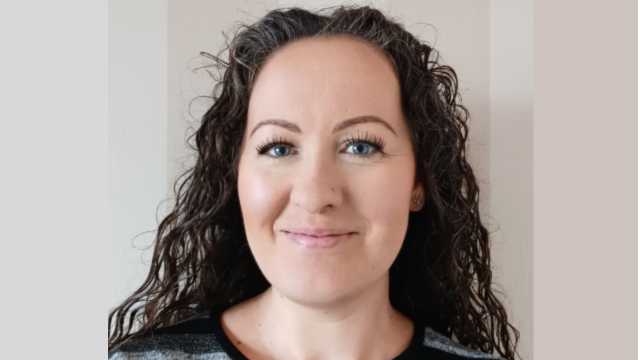
By Laura Jones
In April, I was invited to speak to Translation Studies students at Cardiff University about the realities of working as a freelance translator. During the relaxed and informal Q&A session, we discussed everything from AI, MT and CAT tools to finding clients and knowing what to charge for our services. I tried to be as open and honest as possible...

By Holly Langstaff, Nicola Brown, Chris Dobbs and Rebecca Smithson
A new outreach project shows teens choosing their exam options that there’s more to languages than they thought, say Holly Langstaff, Nicola Brown, Chris Dobbs and Rebecca Smithson
A new languages outreach programme aims to change how secondary school students think about...
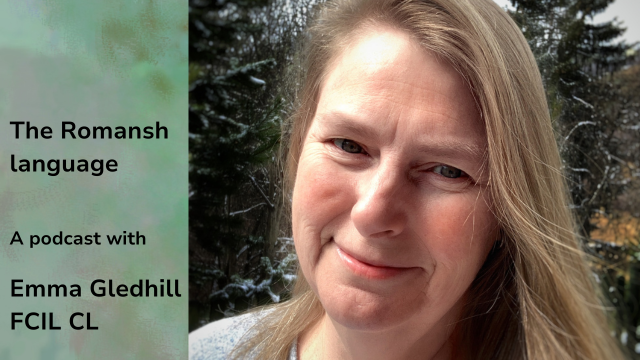
A podcast with Emma Gledhill
For this podcast in the series ‘A Language I love is…’, we travel high into the Alps, to join linguist and translator Emma Gledhill in the Graubünden/Grisons canton of Switzerland.
Emma's chosen language is Romansh, the distinct Romance language of the region that, despite its endangered and disunited state, nonetheless holds the...
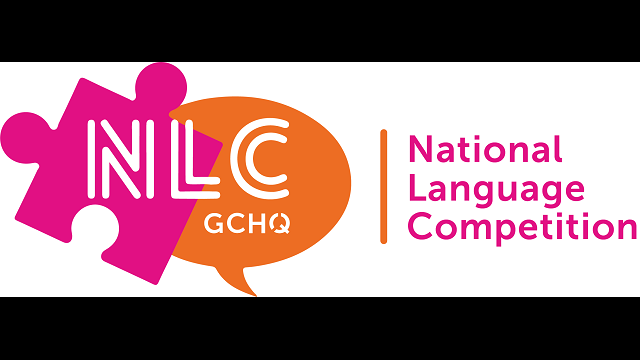
GCHQ National Language Competition November 2024
Calling all UK secondary schools! CIOL is pleased to help GCHQ spread the word about their online National Language Competition in November this year for Year 9 (England and Wales) / S3 (Scotland) / Year 10 (N Ireland) pupils across the country.
For more information on the GCHQ National Language...

By Adriana Nesheva
How to fashion the perfect text when translating product descriptions for clothing brands
Product descriptions are a crucial component of fashion brands. While some may consider them boring or unnecessary, they can play a significant role in the purchasing decisions of consumers. When selecting apparel, many want to know more about the...
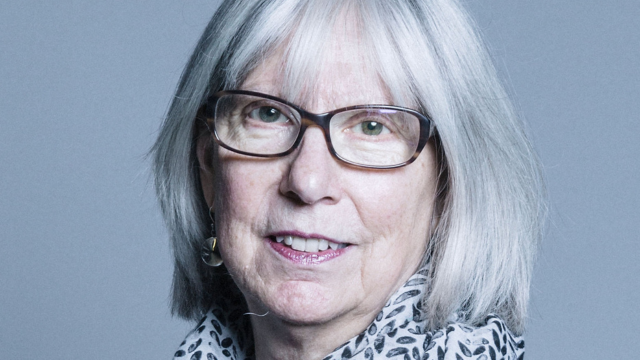
Thanks to tireless work by Baroness Coussins (pictured above), UK Government has accepted amendments to the proposed ‘Victims’ Code’ intended to set out and protect the rights of victims of crime.
Baroness Brinton said:
“My Lords, from these Benches we pay tribute to the noble Baroness, Lady Coussins, for her absolute and consistent determination that we...
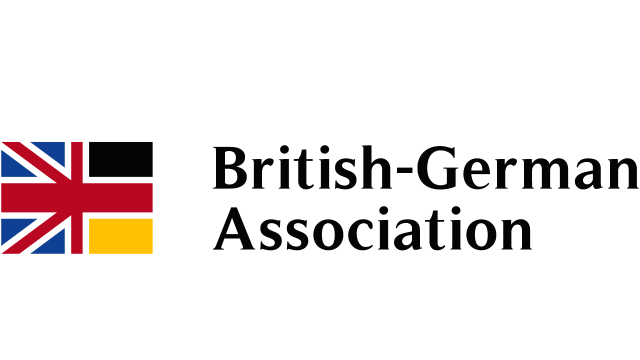
The British-German Association (BGA) is a long-established UK-registered educational charity.
CIOL recently helped them look for a new Trustee to head their Youthbridge work promoting German in secondary schools by placing an ad on this page.
Applications are now closed, but if you are interested to find out more, you can contact them at youthbridgetrustee@...

By Jonathan Downie
As remote interpreting platforms start to offer AI services, Jonathan Downie outlines how interpreters might respond
Conference interpreting was in shock. At the start of 2023, KUDO, a leading remote interpreting platform, announced that they had launched “the World’s first fully integrated artificial intelligence speech translator”. Many...
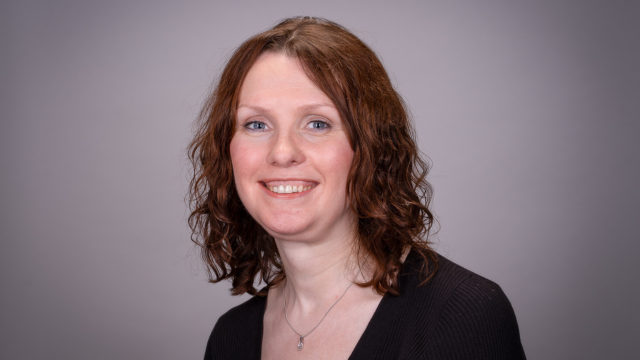
By Sarah Cutts MCIL
Having previously worked in-house for ten years, and in my own freelance business for seven years, I have provided many certified translations from Spanish and French into English and have helped clients in various situations.
I mainly work with private individuals, who sometimes have no idea what they need in terms of certification. Obviously,...
The Chartered Institute of Linguists (CIOL), Incorporated by Royal Charter, Registered in England and Wales Number RC 000808 and the IoL Educational Trust (IoLET), trading as CIOL Qualifications, Company limited by Guarantee, Registered in England and Wales Number 04297497 and Registered Charity Number 1090263. CIOL is a not-for-profit organisation.
